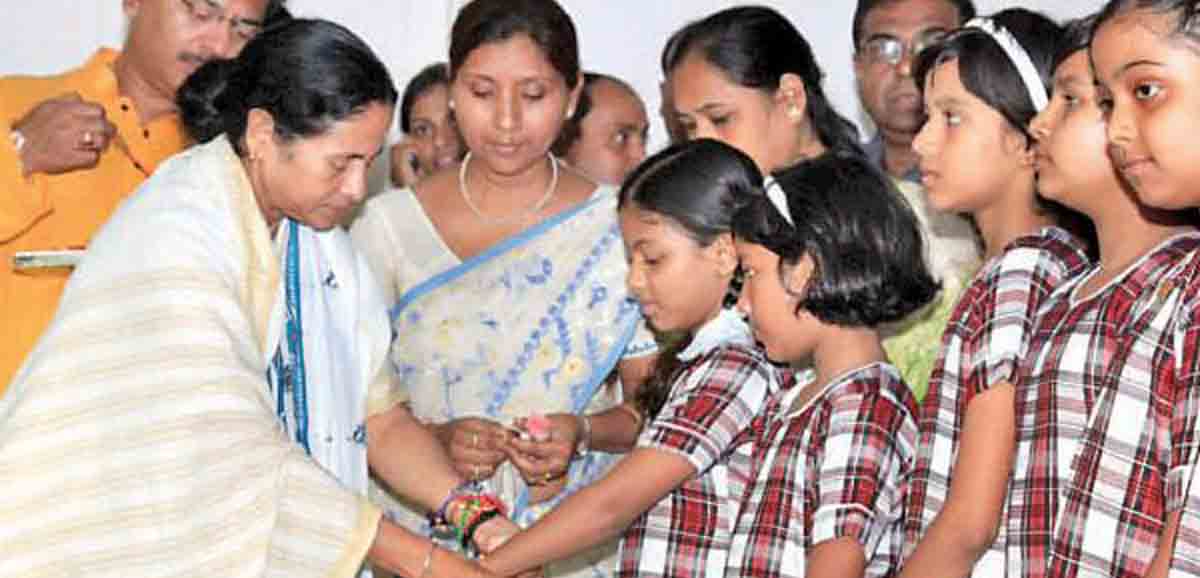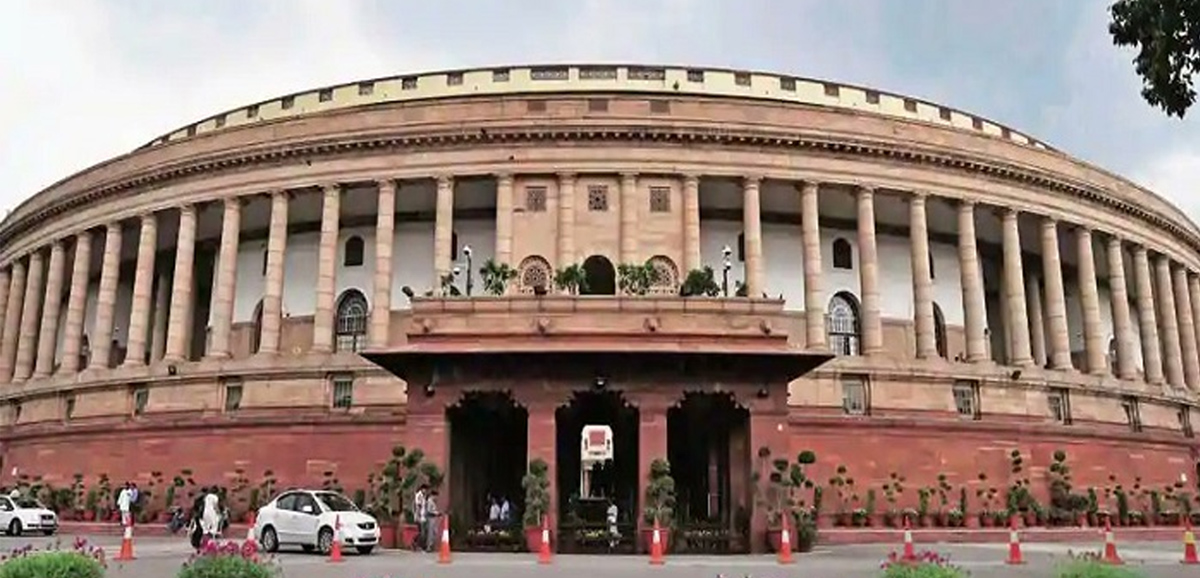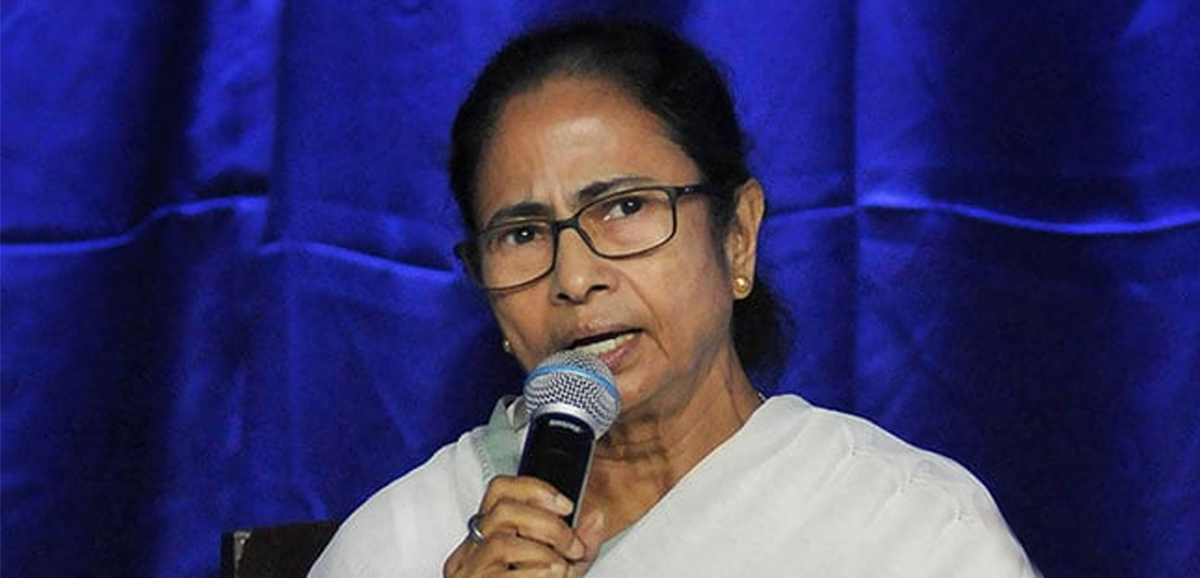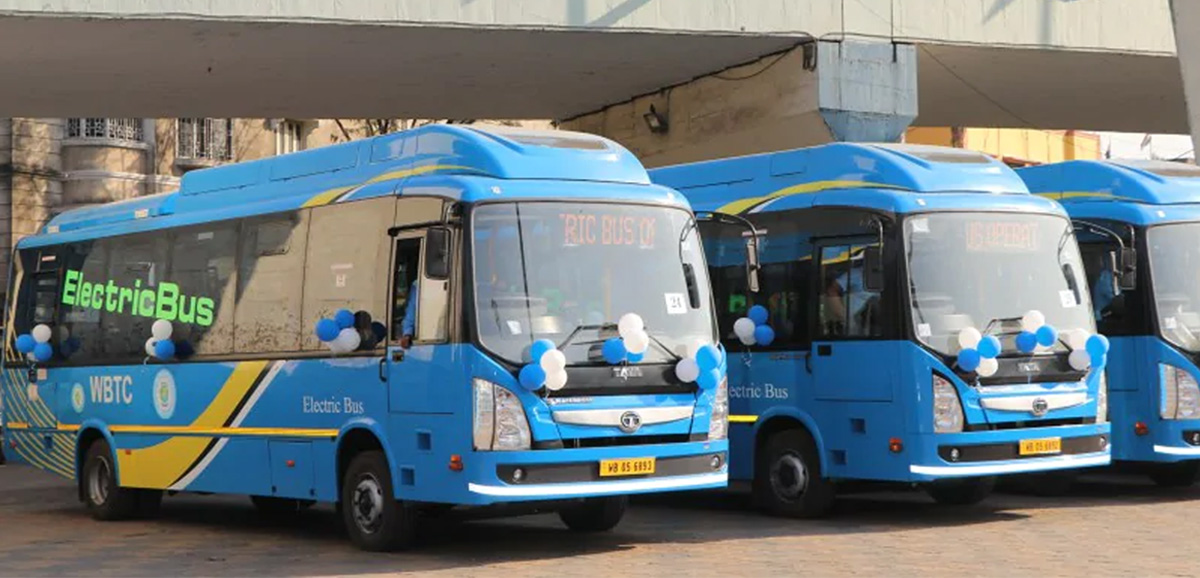In a Facebook post written today, Chief Minister Mamata Banerjee put up the news that according to a report by the Central Government, Bangla has achieved the highest growth rate in the country – 12.58 per cent, in financial year (FY) 2018-19.
Sharp contrast to the national scene
Congratulating everyone concerned, she also noted that this was in sharp contrast to the deep recession and policy paralysis that has engulfed the country, courtesy the policies of the Union Government.
As a result, there has been a significant decline in the overall growth rate in the country as well as the highest rate of unemployment in 45 years.
In recent months, the automobile and leather sectors saw job losses to the tune of 3 lakh.
Disinvestment dampener
On top of so much unemployment, the Centre is actively pursuing the disinvestment of 45 public sector companies. This will lead to further loss of jobs for lakhs of people.
Investments going down
And on the other hand, she wrote, investment in new projects has plunged to a 15-year low in the quarter ending June 2019.
Implementation of new projects worth Rs 13 trillion has stalled, according to the well-respected business and economic data research company, Centre for Monitoring Indian Economy (CMIE). This is the highest value since it began compiling data in 1995.
Foreign Direct Investment (FDI) has shown a negative growth rate of 1.09 per cent in FY 2018-19, as compared to 2017-18.
Figures prove the desperate state of economy
Figures put up in her post point to the desperate state of the Indian economy:
GDP growth: 5.8% in Q4 of 2018-19, lowest in last five years (from FY 2014-15)
Industrial Output growth: 2% in June 2019, against 7% in June 2018
Growth: 3.6% in Q1 of 2019-20, compared to 5.1% in Q1 of 2018-19
Index of Industrial Production: 1.2% in June 2019, compared to 6.9% in June 2018
Capital Goods Sector growth: -6.5% in June 2019, compared to 9.7% in June 2018
Mining Sector growth: 1.6% in June 2019 , compared to 6.5% in June 2018
Unemployment rate: 6.1% in FY 2018-19, the highest in the last 45 years
Number of new projects announced: In Q1 of FY 2019-20, 87% lower compared to Q1 of FY 2018-19 and 81% lower in compared to Q4 of the same FY
Politics trumps development
Mamata Banerjee ended her post saying, for the new government at the Centre, it is all about “politics, politics and only politics” now, rather than economy and development.
She exhorted the people of the country to realise the true situation India has been dragged into by this government.










